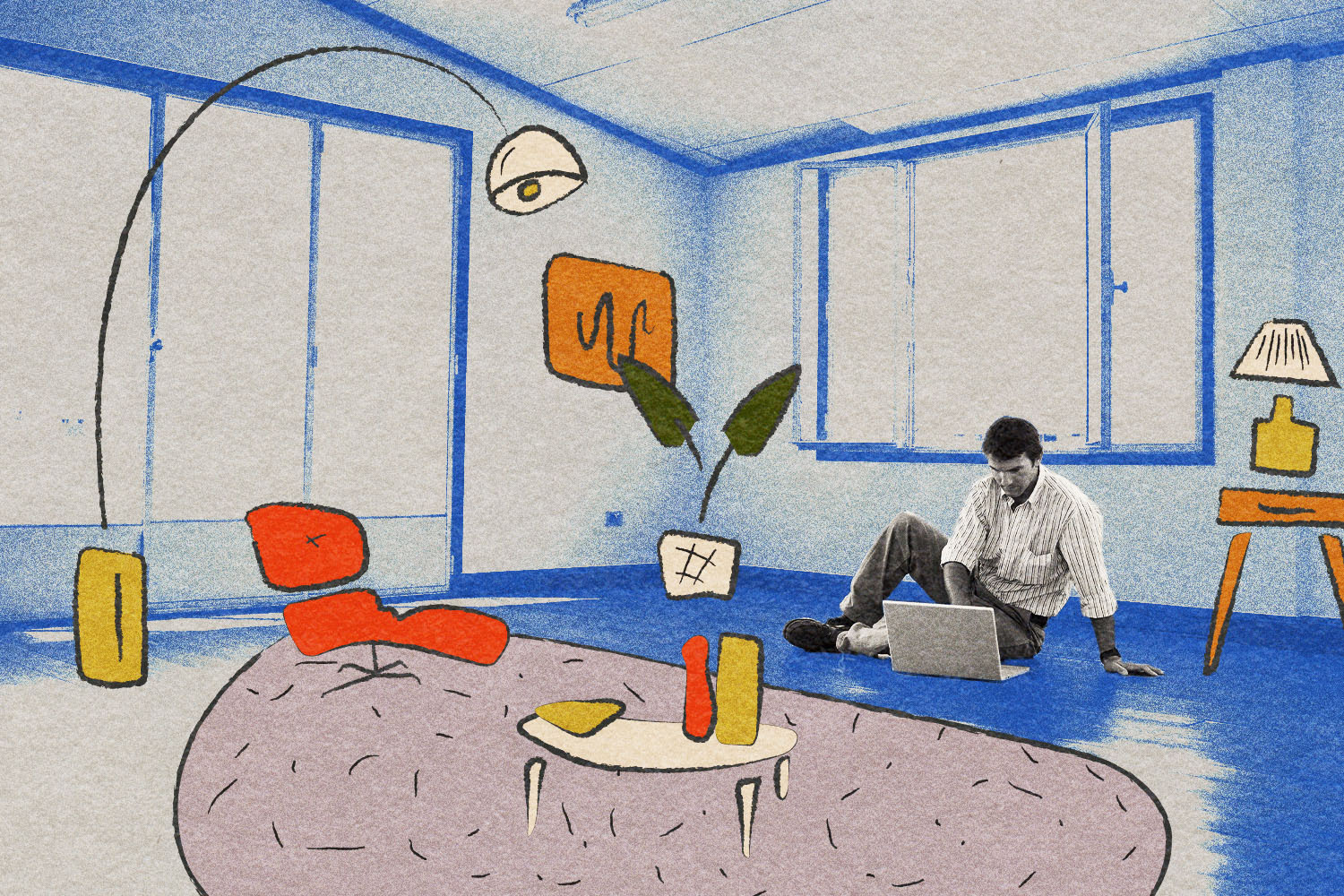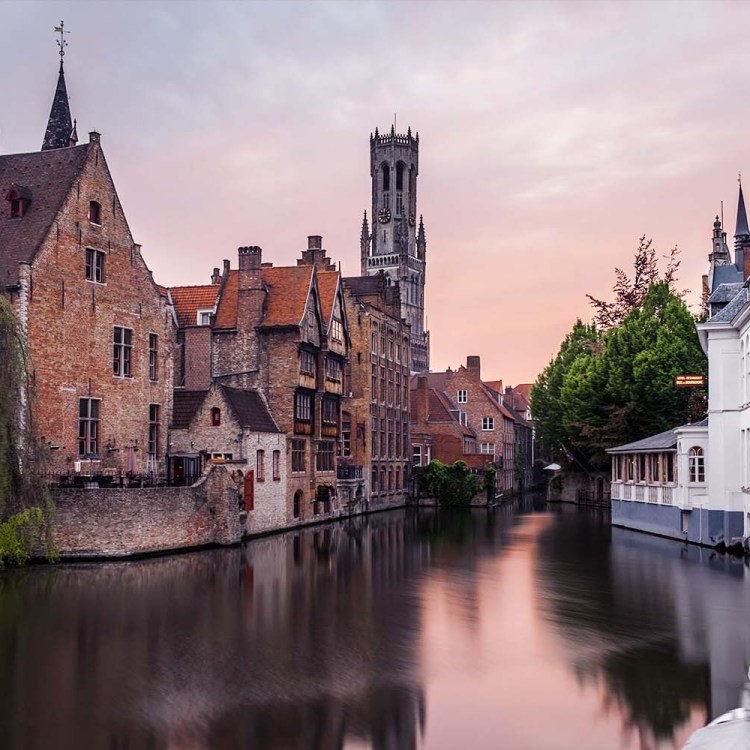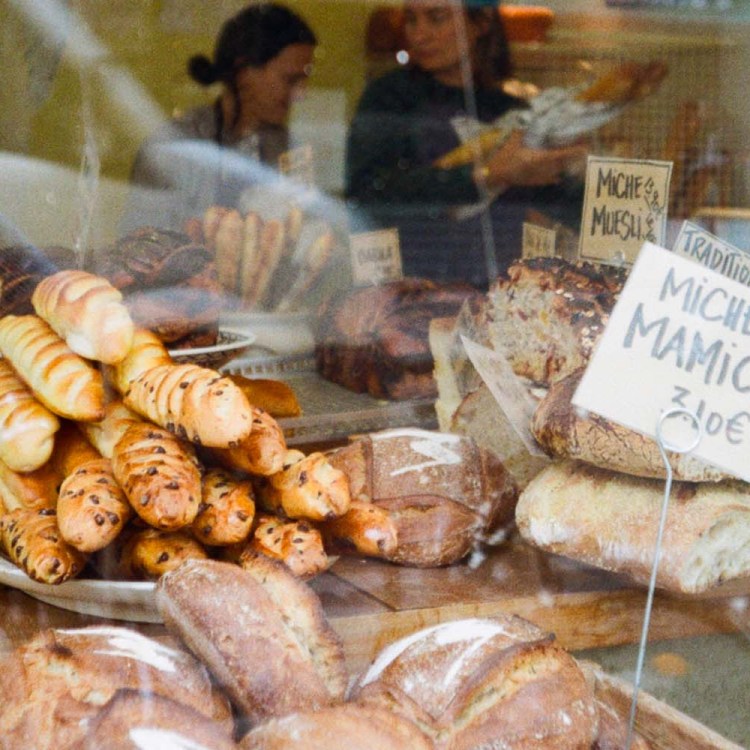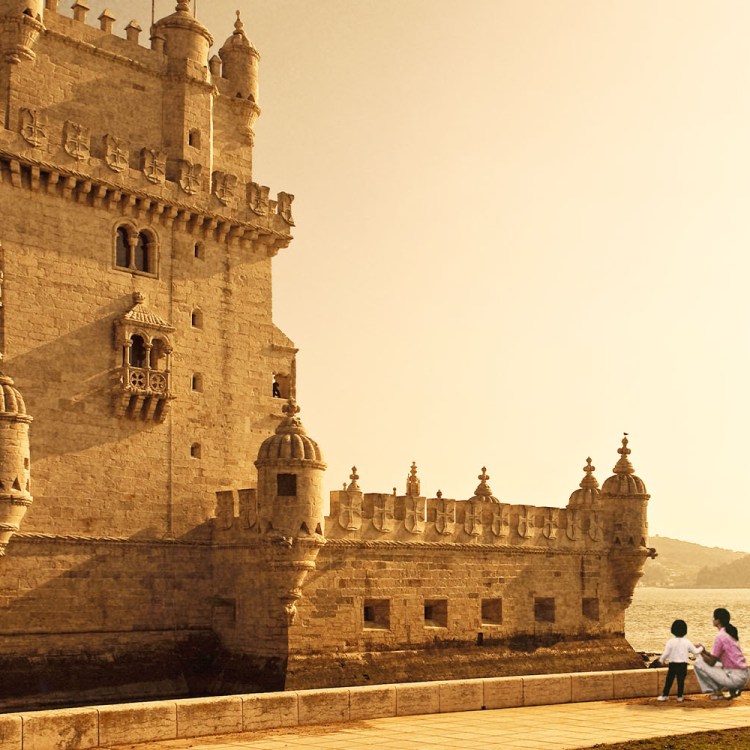Casa Berbere is a newly launched ecommerce business looking to bring cultural artifacts from all over the world into your home, no matter where you live. Based in L.A., the business started as a rug shop half a century ago.
It has since expanded to a huge showroom boasting not just rugs, but antiquities from the four corners of the world. They work with a wide network of reputable dealers from Thailand to Tunisia.
Which got us thinking: now that we are starting to travel again, how can we, as tourists, shop for similar things in our homes as we travel abroad? And even more importantly, how can we do it in A) a responsible, non-exploitative way, and B) without getting ripped off?
To get the lowdown, we chatted with Zaid Al-Hakim and Kai Hansen, the cogs behind the importation wheel, to get pointers on all of the above, plus tips on haggling and the most underappreciated destinations for buying art.
InsideHook: Can you give some background on how you got into this business?
Casa Berbere: Berbere began 50 years ago with imported handmade Berber rugs and Moroccan accessories in a tiny showroom in Hollywood on Sunset and Vermont Blvd. We began with a container of Berber Rugs, something that did not exist in Los Angeles — at that time, the only other rug dealers were Persian. We were there for a few years until an opportunity arose to move to a larger space on Robertson and Beverly. As a family business, we focused almost exclusively on rugs for the next few years and began importing from other places like India and Afghanistan. Zaid joined the family business in the mid-’90s and has been sourcing goods from all over the world, as well as managing all aspects of operations for the business.
Kai joined in 2020 as a partner on Casa Berbere, [our] direct-to-consumer ecommerce platform … With Casa Berbere, we can share our museum-quality home goods and objets d’art from the Berbere showroom to those outside of Los Angeles, as well. Starting this year, we are also beginning to source pieces specifically for Casa Berbere.
What does your recon process look like? How do you go about researching and finding these objects?
Finding the truly special objects around the world starts with having strong relationships with multi-generational families in the parts of the world we do business in. Trust is established over time, and with that trust comes choice selections. These families reach out to us and offer us “first dibs” on pieces that become available, which ensures we have the most special pieces available for our customers. Most of the time, we travel to these destinations to look at each piece we decide to carry, but with recent lockdowns, we’ve had to adapt and do some of our sourcing digitally, which would be impossible without having these longstanding relationships with the artisans and dealers. When sourcing digitally, we’ve been diligent in getting photos, videos and descriptions of where and when it was sourced. We usually know that we’ve uncovered treasure when the video we receive is of a field full of antique pots with weeds growing around them.
At the same time, we must be pragmatic. If our contacts tell us the pots are 500 years old, we must question how they survived that long without considerable damage and use our judgment in assessing authenticity.

When traveling abroad abroad, what are some things to be aware of to ensure I’m buying cultural artifacts in a responsible way?
Cultural responsibility varies from region to region. If you are going to a country to purchase something specific, do a lot of research beforehand. Look up items to determine if they are on any export exempt lists. Look up companies. Email people. These days, the good thing is that even the most remote places in the world are connected via email or text. WhatsApp is a platform used by us and most of our trade relationships. Set appointments. Buying from someone who takes the time to engage with you is one of the easiest ways to be responsible. It also connects you to them in a way that goes beyond just the transaction, helping to forge a personal connection — that too is culturally responsible.
What are some things travelers should be aware of to avoid getting ripped off?
If someone whispers to you, “Come down an alley,” be wary. All kidding aside, adhere to the adage “If it’s too good to be true, it probably is.” Additionally, if someone is too earnest in showing you anything — a certificate, a government document, etc. — it’s probably not legitimate. The real dealers do enough business where they don’t need to convince you of who they are.
Obviously none of this is uniform because each of these items is going to be unique, but are there any online resources available to dealers and sellers to do quick research on items? I know for you it is a lifetime of being in the business, but what would you tell novices?
Vetting dealers or sellers in the U.S. is a little easier than elsewhere. Social media, the BBB and other outlets ensure that companies are principally legit. Age plays a role as well. Companies like ours whose parent company has been in business for 50 years would not be in business if we were negligent or dishonest in our practice. As with all high-priced purchases, we recommend every shopper does their due diligence. Look up the company. Check their pricing against others. Bear in mind, however, that while items may look similar, they may not be. You pay for quality and age because the dealer pays for quality and age.
Do you have any favorite markets or bazaars around the world that can be trusted by travelers?
Go to markets to have fun and eat, but don’t go to buy anything of significance. Unfortunately, most mainstream markets these days have very few locally made items, relying instead on imports from China. Instead, ask your guide or the concierge at the hotel where specific items are made. Alternatively, ask at the market if you can visit where an item is made. If they are regionally specific items, the likelihood is you will be directed to an area outside of the city center where it is produced. You may travel a few hours, but you will be in for a treat alongside a significant cost savings on the genuine article, likely made in front of you by a family who has been doing it for generations.
Any advice on haggling?
In the Middle East and Southern Europe, haggle. It is expected and culturally part of the fun! The final price is rarely ever final until it is. Do the same but to a lesser extent with Southeast Asia and Latin America. Expect to go back and forth a few times, but not much more than that. With that in mind, the easiest thing to do is set a price in your head you are willing to pay and then set a price that would represent a great deal. Try and architect to somewhere in between. Also, be a good cultural ambassador from your country. Try not to haggle too much on inexpensive items.
More than one-third of the world’s population lives on less than $2 a day. Do you really need to save an extra $1 when it could very well mean the difference of a meal for a family? For smaller dealers, the trickle-down impact can mean just that.

What are some of your favorite finds both for personal items and for the shop?
We love antique pottery. The older, the better. There is little that is more culturally symbolic or significant than a pot. Used in transporting, storing or dispensing goods, pots were often used daily by a family for decades, if not longer.
Any underrated regions collectors should look to explore?
We are focusing on Southern Turkey for the moment, along with Tunisia. We are also planning a trip to Iraq. Now, we recognize many of these areas are unstable, and we would not recommend going there unless you have contacts on the ground, but this is also where the greatest opportunity to find treasure exists.
A few lasting lessons you’ve learned from being in the business for so long?
Be true to your word. Be kind. Be patient. That doesn’t mean roll over. It just means be firm but be nice. Basically “Roadhouse Rules.” Be nice, until it’s time not to be nice – which, if you are kind, patient and true to your word, rarely has to occur.
For more travel news, tips and inspo, sign up for InsideHook's weekly travel newsletter, The Journey.



















